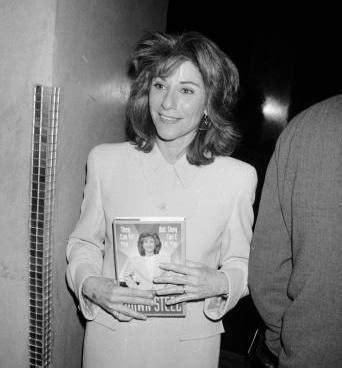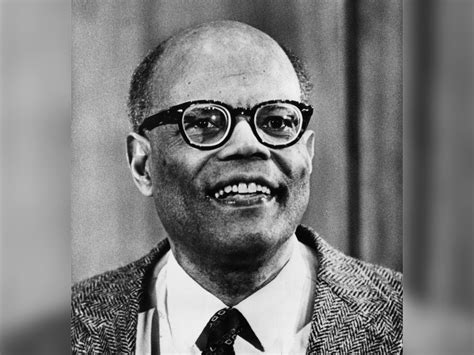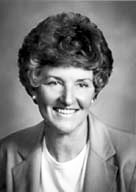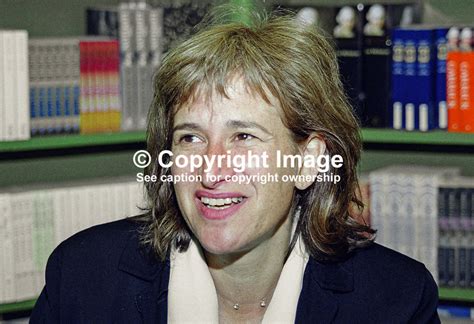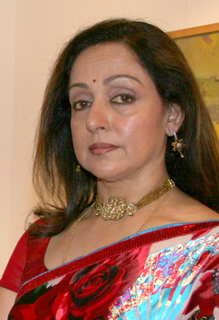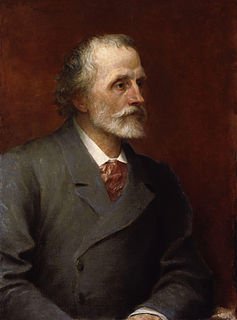A Quote by Dawn Steel
What sets Iris Stevenson apart is her success in a system that in no way supports her - with the hardest possible children to convert.
Related Quotes
The art of not experiencing feelings. A child can experience her feelings only when there is somebody there who accepts her fully, understands her, and supports her. If that person is missing, if the child must risk losing the mother's love of her substitute in order to feel, then she will repress emotions.
Let me explain it to you then. I just had a beautiful girl trust me enough to touch her and see her in a way no one else ever has. I got to hold her and watch her and feel her as she came apart in my arms. It was like nothing else I'd ever experienced. She was breathtaking and she was responding to me. She wanted me. I was the one making her spiral out of control.
Alek was right behind her now, his body pressing close as he adjusted her sword arm. She hadn't realized this fencing business would be so touchy. He grasped her waist, sending a crackle across her skin. If Alek moved his hands any higher, he might notice what was hidden beneath her careful tailoring. “Always keep sideways to your opponent,” he said, gently turning her. “That way, your chest presents the smallest possible target.” “Aye, the smallest possible target,” Deryn sighed. Her secret was safe, it seemed.
I know also another man who married a widow with several children; and when one of the girls had grown into her teens he insisted on marrying her also, having first by some means won her affections. The mother, however, was much opposed to this marriage, and finally gave up her husband entirely to her daughter; and to this very day the daughter bears children to her stepfather, living as wife in the same house with her mother!
I sometimes used to ask myself, what on earth did I love her for? Maybe fore the warm hazel iris of her fluffy eyes, or for the natural side-wave of her brown hair, done anyhow, or again for that movement of her plump shoulders. But, probably the truth was that I loved her because she loved me. To her I was the ideal man: brains, pluck. And there was none dressed better. I remember once, when I first put on that new dinner jacket, with the vast trousers, she clapsed her hands, sank down on a chair and murmured: 'Oh, Hermann...." It was ravishment bordering upon something like heavenly woe.
The extraordinary woman depends on the ordinary woman. It is only when we know what were the conditions of the average woman's life - the number of children, whether she had money of her own, if she had a room to herself, whether she had help bringing up her family, if she had servants, whether part of the housework was her task - it is only when we can measure the way of life and experience made possible to the ordinary woman that we can account for the success or failure of the extraordinary woman as a writer.
